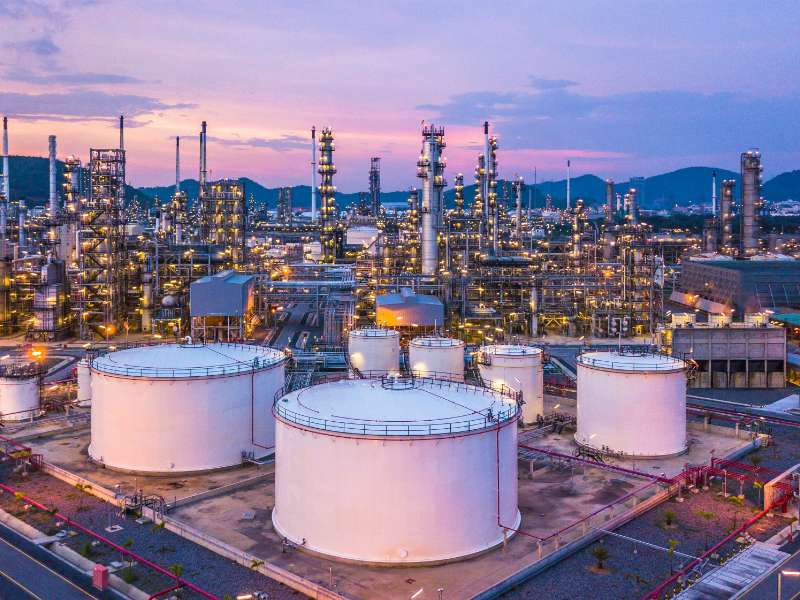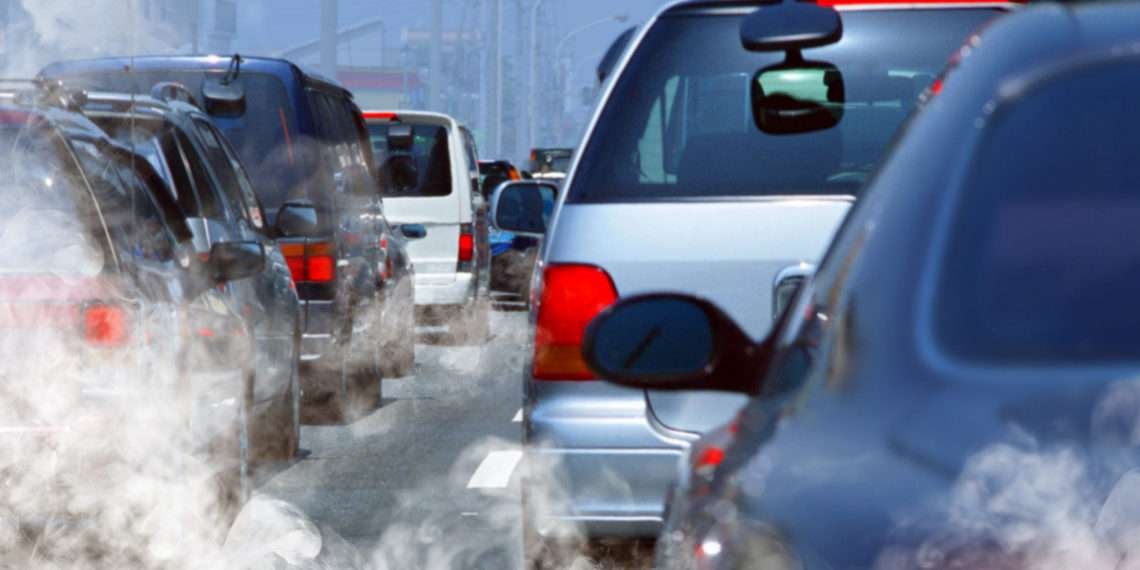Nigerian Vehicle sales growth in 2022 is expected to remain muted as a reliance on imported fuel will limit the upside potential of vehicle sales despite rising oil prices, according to Fitch Solutions.
At present, Nigeria’s fuel imports is on the high side, due to a lack of sufficient domestic refining capacity that is able to satisfy domestic fuel needs. According to the World Bank, the country’s fuel imports represented 15.26 per cent of total merchandise imports in 2020.
This high dependence on imported petroleum products, despite the country’s vast crude oil reserves, renders Nigeria particularly vulnerable in times of rising fuel prices as households and businesses spend more on fuel. Indeed, Nigeria is currently facing a fuel shortage that is driving up prices for consumers and businesses.
Furthermore, fuel with high methanol contents (above what is required in Nigeria) were discovered along the supply chain leading to large quantities of petrol being withdrawn from the market which is driving the gap between fuel supply and demand wider.

As a result, Fitch expects demand for new vehicles in Nigeria to remain subdued, “as we forecast total new vehicle sales to rise by 8.3% in 2022, to reach a total of 14,622 units.” Vehicle sales will remain below pre-Covid-19 levels of 19,568 units with vehicles sales growth rate slowing from an estimated 15 per cent increase in 2021, according to Fitch.
Downside Risks Remain Elevated
Furthermore, elevated inflation will pose downside risks to Nigeria’s vehicle sales outlook in 2022 as households and businesses delay vehicle purchase decisions. According to the National Bureau of Statistics, inflation rose to 15.6 per cent on a year-on-year basis in January 2022, while on a month-on-month basis, inflation rose by 1.47 per cent. This compared to an end-year inflation rate of 11.4 per cent in 2019.
“We believe prospects of higher goods prices, due to rising commodity prices globally as a result of the ongoing Russia-Ukraine conflict, could provide further downside risks to our vehicle sales growth forecast for 2022.”
Fitch Solutions

As households reduce spending on non-essential goods, vehicle purchases will be one of the first items to be negatively affected by overall rising prices. Additionally, a weaker naira will add more headwinds to demand for new vehicles as costs to import new vehicles rise. Moreover, already inflated global prices for new vehicle production output will cause more upside price pressures for new vehicles.
“Our Country Risks team believes the Central Bank of Nigeria (CBN) will leave benchmark interest rates on hold for 2022 as elections loom. [This will lead] to negative real interest rates and prospects of a weaker naira that could result in much higher import costs, thus negatively impacting demand for new vehicles.”
Fitch Solutions
Fitch projects that from 2023, Nigeria’s vehicle sales outlook will improve albeit at a slow pace. Meanwhile, the Dangote fuel refinery which is set to come online at Q4 2022 could potentially reduce the reliance of imported fuel products.
That said, rising domestic refining capacity leading to a more stable and favourable fuel supply outlook especially in a high crude oil environment will result in higher demand for new vehicles as consumers and business sentiment rises amid an improved fuel supply outlook.
“Our Oil & Gas team believes Nigeria’s refining sector will be transformed by the Dangote facility which will end Nigeria’s need for fuel imports. We maintain our new vehicle sales current forecast of a 7.7% rise in 2023 for now as the Dangote refinery could still face further delays.”
Fitch Solutions
READ ALSO: Ghana: Oil price falls below $100/b but pump prices to hit new highs



















